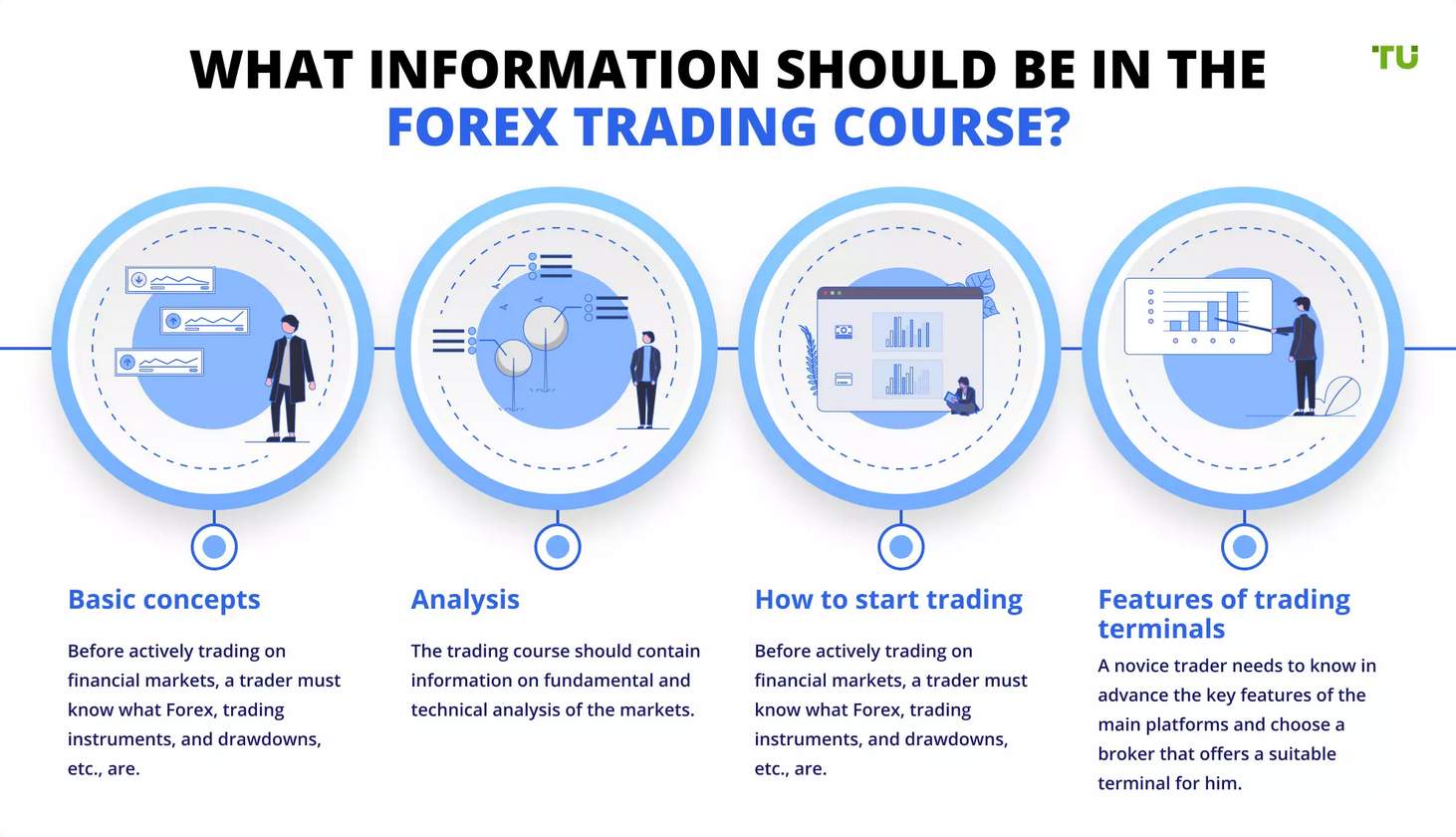Unlock Your Potential with a Comprehensive Forex Trading Course Today
Unlock Your Potential with a Comprehensive Forex Trading Course Today
Blog Article
Recognizing the Basics of Money Exchange in Today's Global Market
In an increasingly interconnected global economy, comprehending the fundamentals of money exchange is essential for stakeholders throughout various markets. Exchange prices, formed by a complex interplay of financial signs and geopolitical aspects, have profound effects on international trade and financial investment techniques. As reserve banks exert influence and technical developments improve money trading, the implications for international commerce are far-ranging. Just how do these aspects integrate to impact financial planning and risk administration? Recognizing the subtleties of this dynamic market is not merely advantageous-- it is crucial for browsing today's financial landscape.
The Fundamentals of Currency Exchange
Currency exchange is a fundamental element of the global economy, assisting in worldwide profession and investment. It entails the conversion of one money into an additional and is crucial for companies, federal governments, and people who engage in cross-border deals. The money exchange process takes place in the international exchange market (Forex), which is the biggest and most fluid financial market in the world, operating 24 hr a day, five days a week.
At its core, money exchange is driven by supply and demand dynamics. Money are traded in sets, such as EUR/USD or GBP/JPY, and the exchange price between them shows just how much one currency deserves in regards to another. This rate varies constantly as a result of trade circulations, funding motions, and other market activities.
Participants in the Foreign exchange market variety from large banks and international firms to individual financiers and travelers. Each participant might have various purposes, such as hedging versus currency exchange rate threat, hypothesizing on currency movements, or facilitating worldwide acquisitions. Comprehending the basics of money exchange is crucial for making notified decisions in the worldwide market, as currency exchange rate can dramatically impact the price of goods and solutions, investment returns, and economic security.
Variables Influencing Exchange Fees
Greater rate of interest rates provide lending institutions far better returns family member to other countries, attracting more international funding and causing the money to value. Conversely, rising cost of living rates play an important function; money in countries with reduced rising cost of living rates tend to appreciate as buying power increases relative to higher-inflation economic climates.
Financial growth and stability likewise dramatically impact exchange rates. A durable economic climate brings in foreign investment, raising need for the residential money, which causes admiration. Furthermore, trade equilibriums influence currency value. A nation with a considerable trade surplus normally sees its currency value as a result of boosted foreign demand for its goods and services, while a profession shortage can damage the currency.
Political security and financial efficiency are critical as well; countries viewed as low-risk locations for investment have a tendency to see their money value. forex trading course. Market conjecture can additionally drive exchange rate variations, as traders anticipate future movements based on current economic indications and geopolitical occasions. These variables read this post here jointly add to the vibrant nature of exchange prices in the international market
The Function of Central Financial Institutions

Reserve banks also take part in fx interventions to fix too much volatility or imbalances in exchange rates. These treatments could include buying or selling international money to keep a wanted exchange rate level. Furthermore, main financial institutions hold considerable foreign exchange gets, which can be deployed purposefully to sustain their currency.

Technology and Money Trading
While reserve banks form the overarching landscape of money exchange, technical innovations have changed the auto mechanics of currency trading itself. The spreading of digital systems has democratized accessibility to foreign exchange markets, making it possible for private investors to take part along with institutional investors. Online trading systems, equipped with real-time information and analytical tools, assist in educated decision-making and have added to raised market liquidity.
Algorithmic trading, powered by advanced software program, has actually transformed the rate and effectiveness of currency trading. Algorithms implement professions based on predefined standards, decreasing human intervention and lowering the time called for to exploit on market movements.
Blockchain technology also promises a transformative impact on currency trading. By ensuring openness and decreasing transaction costs, blockchain can enhance settlement procedures, possibly mitigating dangers related to standard trading techniques. Additionally, cryptocurrencies, underpinned by blockchain, have introduced a new measurement to money trading, triggering market individuals to adapt to an evolving economic ecosystem. As technology remains to develop, its impact on money trading will likely deepen, forming future market website here characteristics.
Impacts on Global Profession
In the interconnected landscape of international profession, currency exchange plays a critical duty in forming financial connections in between nations. Exchange rates affect the price of exporting goods and solutions, affecting competitive positioning in worldwide markets. A strong money can make a nation's exports much more pricey and less appealing on the worldwide phase, potentially minimizing market share. Conversely, a weaker currency can enhance export competition yet might increase the cost of importing essential goods, impacting trade balance.
Money variations can likewise bring about financial unpredictabilities, complicating lasting preparation for multinational firms. Services typically hedge versus these threats via economic tools to support prices and profits. Exchange prices affect foreign straight investment (FDI) choices, as financiers seek desirable problems to maximize returns, influencing funding streams across borders.
Moreover, governments strive to preserve stable currency exchange rate to promote foreseeable trading conditions, in some cases interfering in fx markets to attain financial purposes. Central financial institutions might adjust helpful resources rates of interest or apply monetary plans to affect money toughness, therefore affecting trade characteristics.
Final Thought
A thorough grip of currency exchange fundamentals is important for browsing the complexities of the global market. Exchange prices, formed by interest rates, inflation, and financial growth, are essential in identifying currency assessments.
Report this page